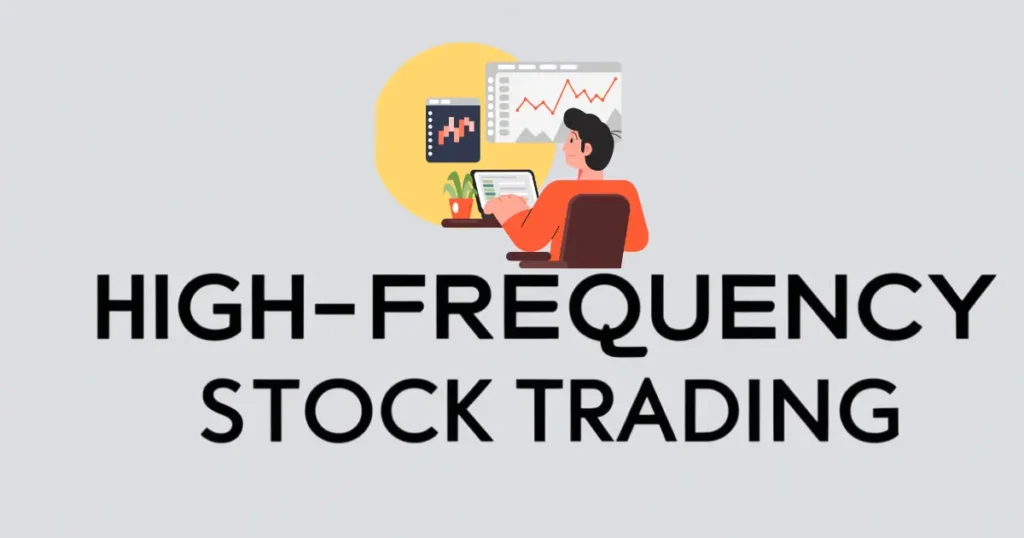Requires substantial capital, high-speed servers, and low-latency connections.
Can scale indefinitely with better technology and higher capital.
Automated, but requires constant monitoring and adaptation to market shifts.
Institutional demand is strong, but individual traders struggle to compete.
Dominated by hedge funds and institutions; newcomers face extreme challenges.
Profits can be generated in milliseconds, but losses can be just as fast.
Highly dependent on market trends, regulations, and algorithm effectiveness.
Extremely high risk; poor strategies or infrastructure can lead to huge losses.
Difficult to enter due to technical and financial barriers.
Highly affected by regulatory changes and market structure shifts.
Available worldwide but restricted in some markets due to regulations.
Requires expertise in finance, algorithms, and technology.
Depends on broker; high-frequency traders typically have smooth transactions.
Success depends on capital, advanced strategies, and cutting-edge tech.
